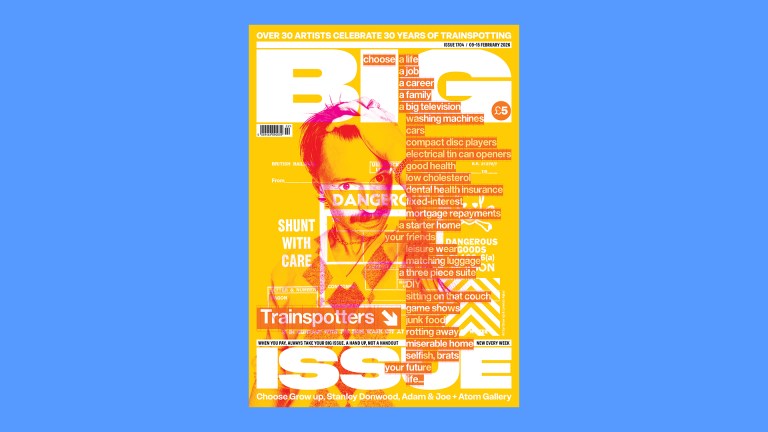Today, the gap between the digitally connected and disconnected is wider than ever. Ofcom research shows 20% of individuals who earn less than £11,500 per year don’t have access to a connected device. This is why financial and digital inclusion is a critical pillar of work at the Big Issue.
For Big Issue vendors, many of whom battle the daily realities of poverty, this divide can be an insurmountable barrier to progress. As a support worker for Big Issue, I’ve seen first-hand the struggles that financial and digital exclusion bring. Research has estimated that newly digitally included people could save £444 per year, by accessing digital services and products.
We aim to equip vendors with the skills, tools, and confidence to overcome challenges and break the cycle of poverty.
Why financial and digital inclusion matters
At the Big Issue, we have identified through our impact strategy, five critical areas essential to dismantling poverty. Financial and digital inclusion is among the most recent and vital.
The digital world offers immense benefits: access to better health information, job opportunities, education, and even social connections. However, many Big Issue vendors and others who are excluded feel these opportunities are out of reach.
Exclusion also leads to poorer health outcomes, increased isolation, and fewer paths to employment. When services such as health, housing, and job applications move online, people without access or skills get left behind. Unfortunately, people in poverty are more likely to be digitally excluded, which in turn, makes escaping poverty even harder. For many vendors, this exclusion means they lack a voice and visibility in a world that increasingly operates online.









